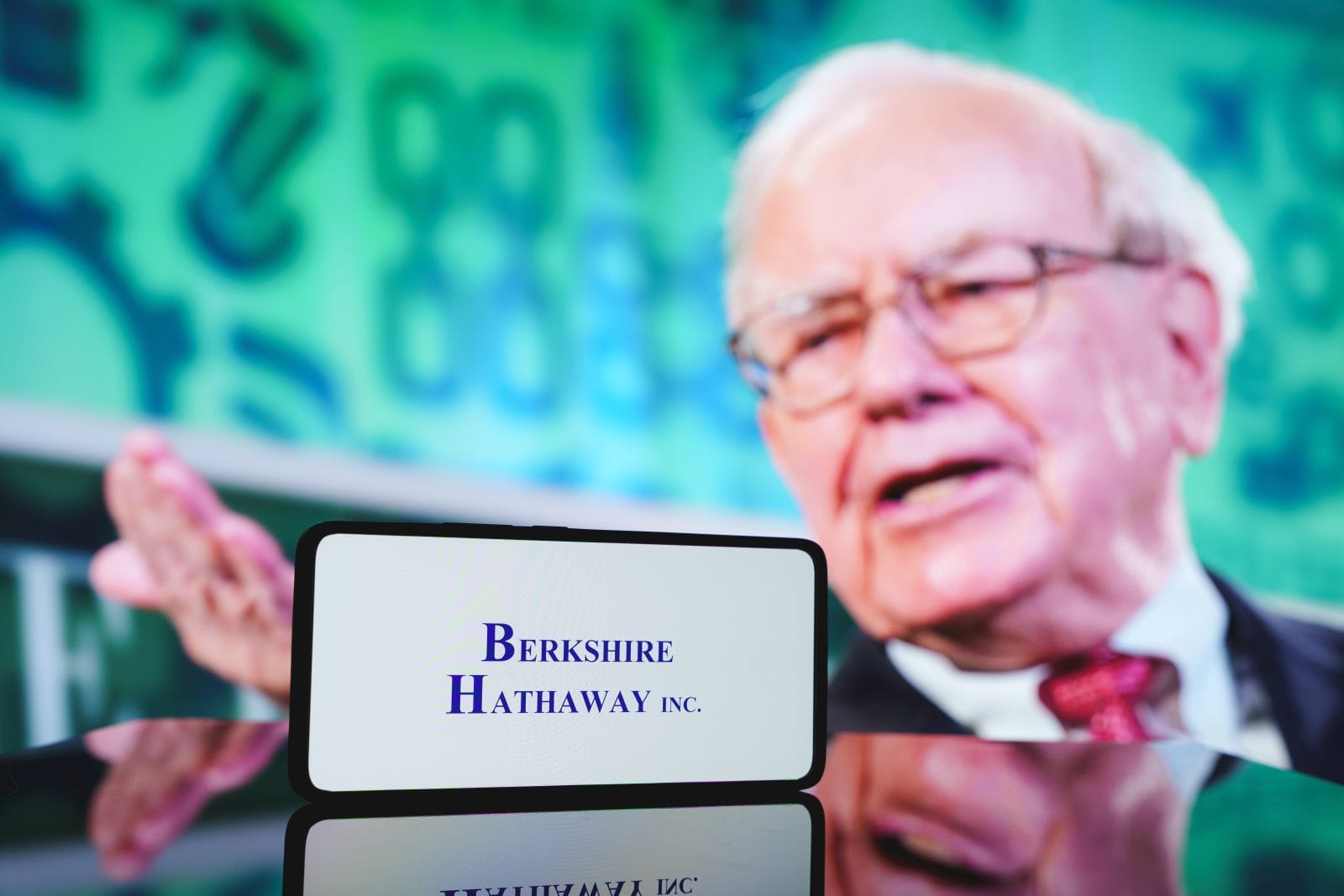IonQ, D-Wave, IBM, and Microsoft could all profit from this secular trend.
Quantum computing could be the next great secular trend for the tech sector. Unlike traditional binary computers, which store zeros and ones separately in bits, quantum computers can store them simultaneously in qubits. That difference allows quantum computers to process more data at a faster rate than their binary counterparts.
Yet, quantum computers are also larger, pricier, and consume more power than traditional servers. They also tend to output a higher percentage of errors. As a result, quantum computers are still mainly used for niche projects at government and research institutions.
Image source: Getty Images.
But as quantum processing units (QPUs) become smaller, more power-efficient, and better at detecting errors, quantum computing systems will likely become more practical for handling mainstream computing applications. From 2024 to 2032, Fortune Business Insights expects the quantum computing market to expand at a compound annual growth rate (CAGR) of 34.8%.
Therefore, it could be a great time to invest in the market’s early movers. Let’s examine four quantum computing stocks that could profit from that expansion: IonQ (IONQ -4.29%), D-Wave Quantum (QBTS -2.57%), International Business Machines (IBM -0.49%), and Microsoft (MSFT -0.05%).
The pure-play quantum stocks: IonQ and D-Wave Quantum
IonQ and D-Wave Quantum are both pure-play quantum computing stocks. They’re both developing promising quantum technologies, but they’re also unprofitable and aren’t generating enough revenue to support their near-term valuations. However, they could become great long-term plays as they scale up their businesses.
IonQ sells three quantum systems: its older Aria system, its flagship Forte system, and its data-center-oriented Forte Enterprise system. It will launch its fourth system, the Tempo, later this year. It also provides access to its quantum computing systems as a cloud-based service.
The company develops its QPUs with a proprietary “trapped ion” technology to maintain a longer coherence (the time it can maintain an uninterrupted quantum state) and a higher error-detection rate than more traditional QPUs. It expects its quantum computing power, which it measures in algorithmic qubits (AQ), to soar from 36 AQ in 2024 to 64 AQ in 2025, 256 AQ in 2026, 384 AQ in 2027, and 1,024 AQ in 2028.
D-Wave develops quantum annealing tools, which help companies streamline their schedules, workflows, supply chains, and logistics networks by running them through its quantum computing systems. As a quantum-powered “efficiency expert,” D-Wave identities the processes that consume the least power as the most efficient ones. That approach could eventually make it a threat to traditional analytics and digital workflow companies.
D-Wave designs its own chips and hardware, and it’s been integrating its Leap quantum computing platform into the world’s top cloud infrastructure platforms. It already serves more than 100 major customers, and it could gain a lot more attention as the quantum market expands.
From 2024 to 2027, analysts expect IonQ and D-Wave to grow their revenues at a CAGR of 88% and 103%, respectively. IonQ and D-Wave might seem pricey at 40 times and 72 times, respectively, their projected sales for 2027, but they could grow much larger over the next few decades.
The conservative quantum plays: IBM and Microsoft
If IonQ and D-Wave seem too hot to handle, blue chip tech giants IBM and Microsoft can offer you some less volatile exposure to the quantum computing market.
Over the past few years, IBM has spun off its slow-growth infrastructure services business and expanded its hybrid cloud and artificial intelligence (AI) businesses. That strategy helped it grow again after enduring years of shriveling sales and profits. But IBM has also been quietly expanding its quantum computing business, which hosts a fleet of quantum computers that each sport at least 127 qubits of processing power. As of last year, it’s deployed over 80 quantum systems worldwide to run more than 3 trillion programs per day.
IBM’s quantum business won’t generate meaningful revenues anytime soon, but analysts expect its earnings per share (EPS) to grow at a robust CAGR of 16% from 2024 to 2027. It also looks reasonably valued at 26 times its forward adjusted earnings and pays a decent forward yield of 2.3%.
Microsoft’s growth over the past decade was largely driven by the expansion of its cloud, mobile, and AI services. But it’s also been adding quantum computing tools to its own cloud infrastructure platform via Azure Quantum, it’s partnering with quantum start-ups such as Atom Computing and Quantinuum, and it recently revealed a tiny new quantum computing chip — the Majorana 1 — which is roughly the size of a desktop central processing unit (CPU).
The expansion of that fledgling business should support the ongoing growth of its core cloud, enterprise software, and AI businesses. From fiscal 2025 (which ended this June) to fiscal 2028, analysts expect Microsoft’s EPS to grow at a CAGR of 14% as it continues to expand its sprawling ecosystem. Its stock might seem a bit pricey at 33 times its forward adjusted earnings, and it pays a paltry forward yield of only 0.7%, but it’s still a balanced way to gain some exposure to the growing quantum market.
Leo Sun has no position in any of the stocks mentioned. The Motley Fool has positions in and recommends International Business Machines and Microsoft. The Motley Fool recommends the following options: long January 2026 $395 calls on Microsoft and short January 2026 $405 calls on Microsoft. The Motley Fool has a disclosure policy.


